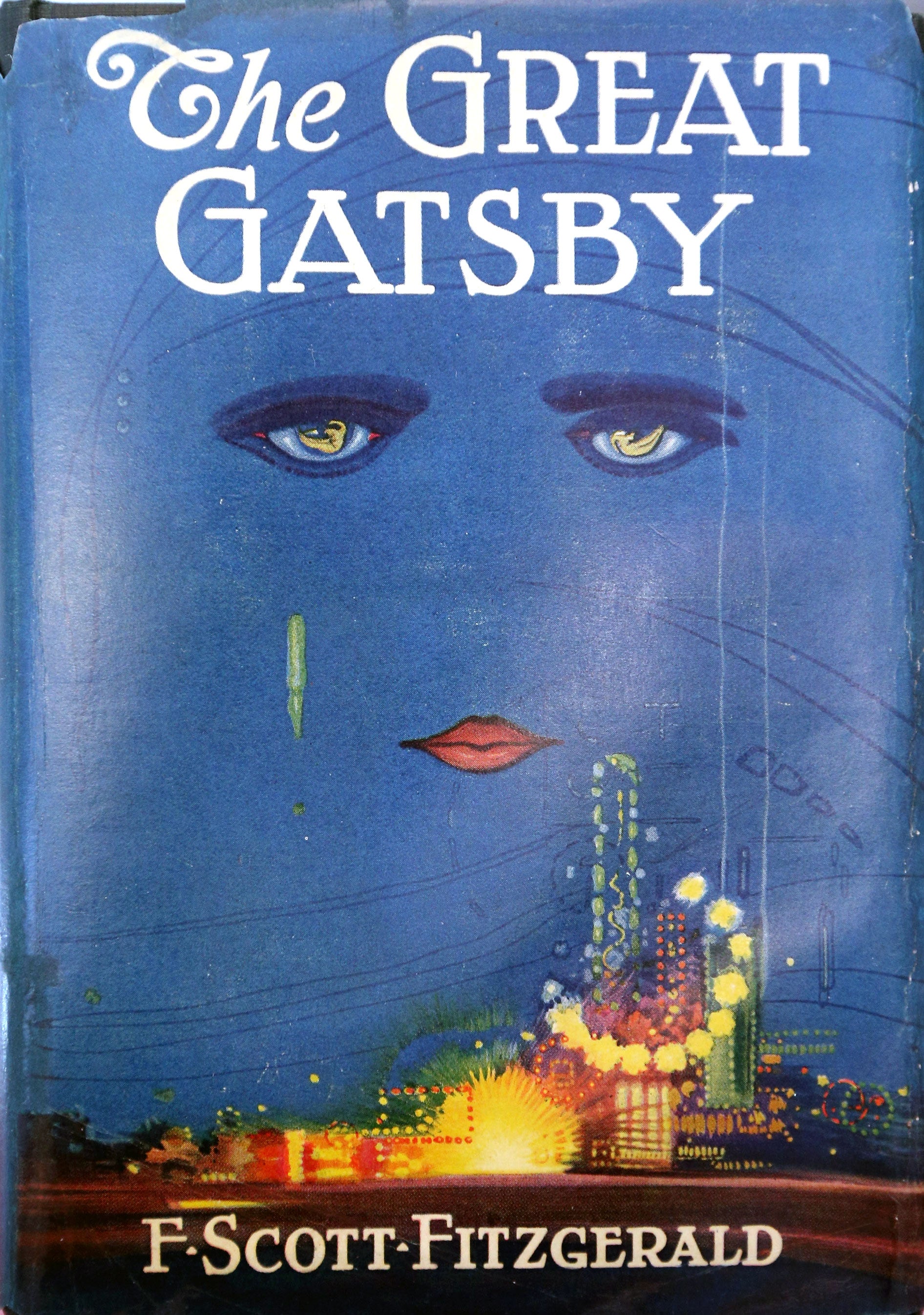My book of a lifetime... Eric Idle: The Great Gatsby By F Scott Fitzgerald
'The most perfect American novel'

The Great Gatsby, written by F Scott Fitzgerald in 1925 is, for me, the most perfect American novel. I re-read it every year and like all great books I find more in it each time. I have a lovely first edition and as a book snob I love reading it in its original edition.
The book is about love, passion, obsession, and, above all, class and money. I admire the control and simplicity of the structure and the lyrical freedom of the writing, and the taut plotting, so that what seems to be fairly random actually drives the book straight towards the savage conclusion, which with its inevitable bloody end is like a Greek tragedy.
Fitzgerald is brutal with the character of Tom Buchanan, the husband of his love Daisy, who has married him while the strangely obsessive and slightly shady Jay Gatsby is away at the war. But Gatsby has never forgotten her and as one of the nouveau riche on Long Island he has become obsessed by her, convinced she still loves him, and buys an enormous estate looking out at her home across the bay, where he throws huge gaudy parties, in the hope that she will one day come.
The book is about wealth and class. The rich are different. In the end no one is at Gatsby’s funeral. All the people who came to his parties despised him. His affair with Daisy leads to the death of Tom Buchanan’s mistress and he pays for it when Buchanan betrays him. Daisy is absorbed by her class and disappears back into her wealth. Gatsby himself ends up face down in his pool in his great house looking out towards the green light on Daisy’s dock at East Egg, a perfect metaphor for the gap that these Westerners cannot bridge in their new lives in the East.
Nick Carraway, the protagonist and witness, hates the upper-class Buchanan set even more than the silly pretentions of Gatsby, and is, in the end, the only one who remains by his side.
I love all Fitzgerald’s novels, and many of his short stories, but this for me is the best 20th- century American novel and my favourite. On first publication, it received mixed reviews and sold poorly – only 20,000 copies in its first year. Fitzgerald died in 1940, believing himself to be a failure and his work forgotten.
Eric Idle’s new book is ‘The Writer’s Cut’ (Canelo; ebook, £3.99)
Join our commenting forum
Join thought-provoking conversations, follow other Independent readers and see their replies
Comments
Bookmark popover
Removed from bookmarks